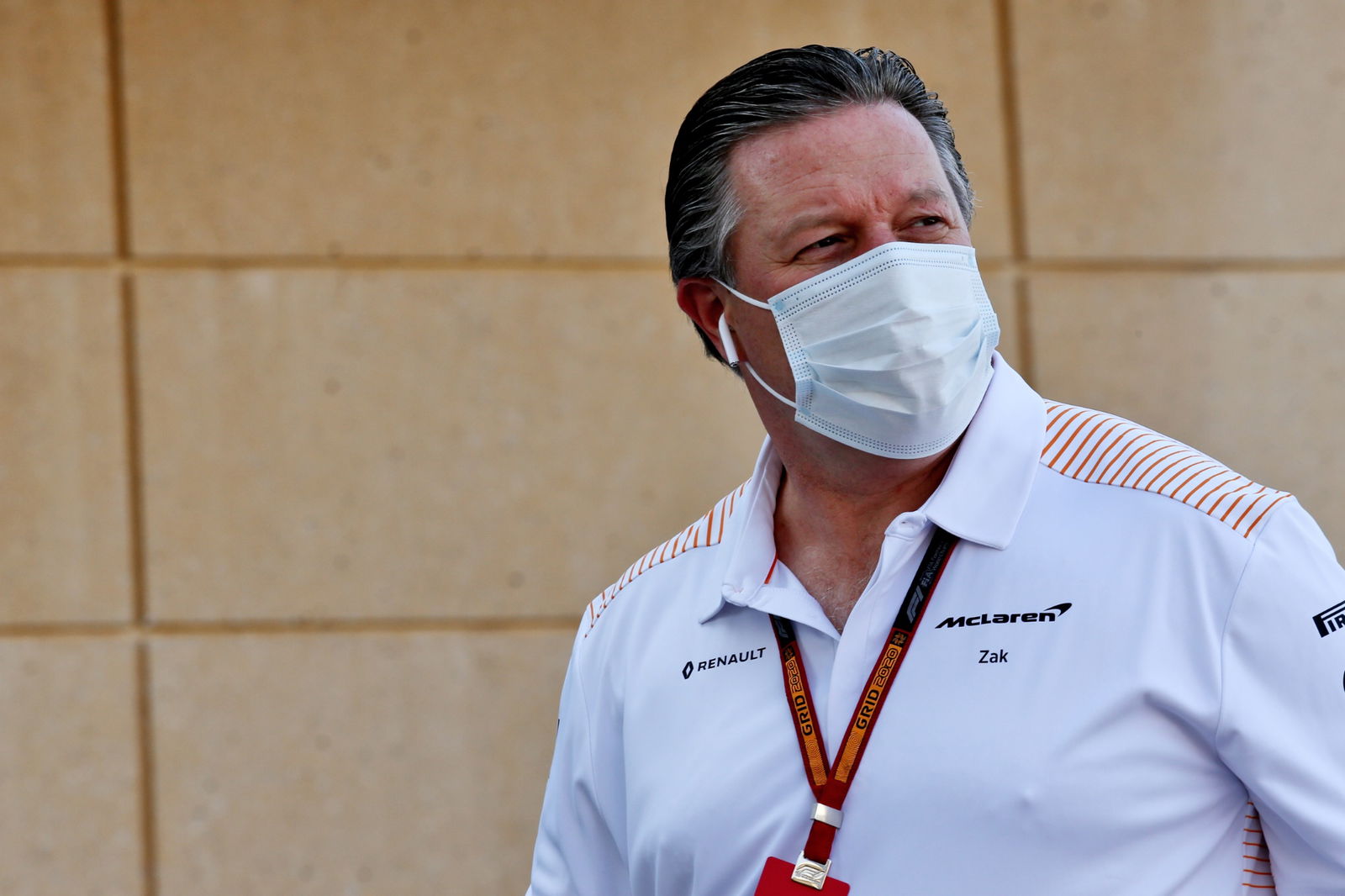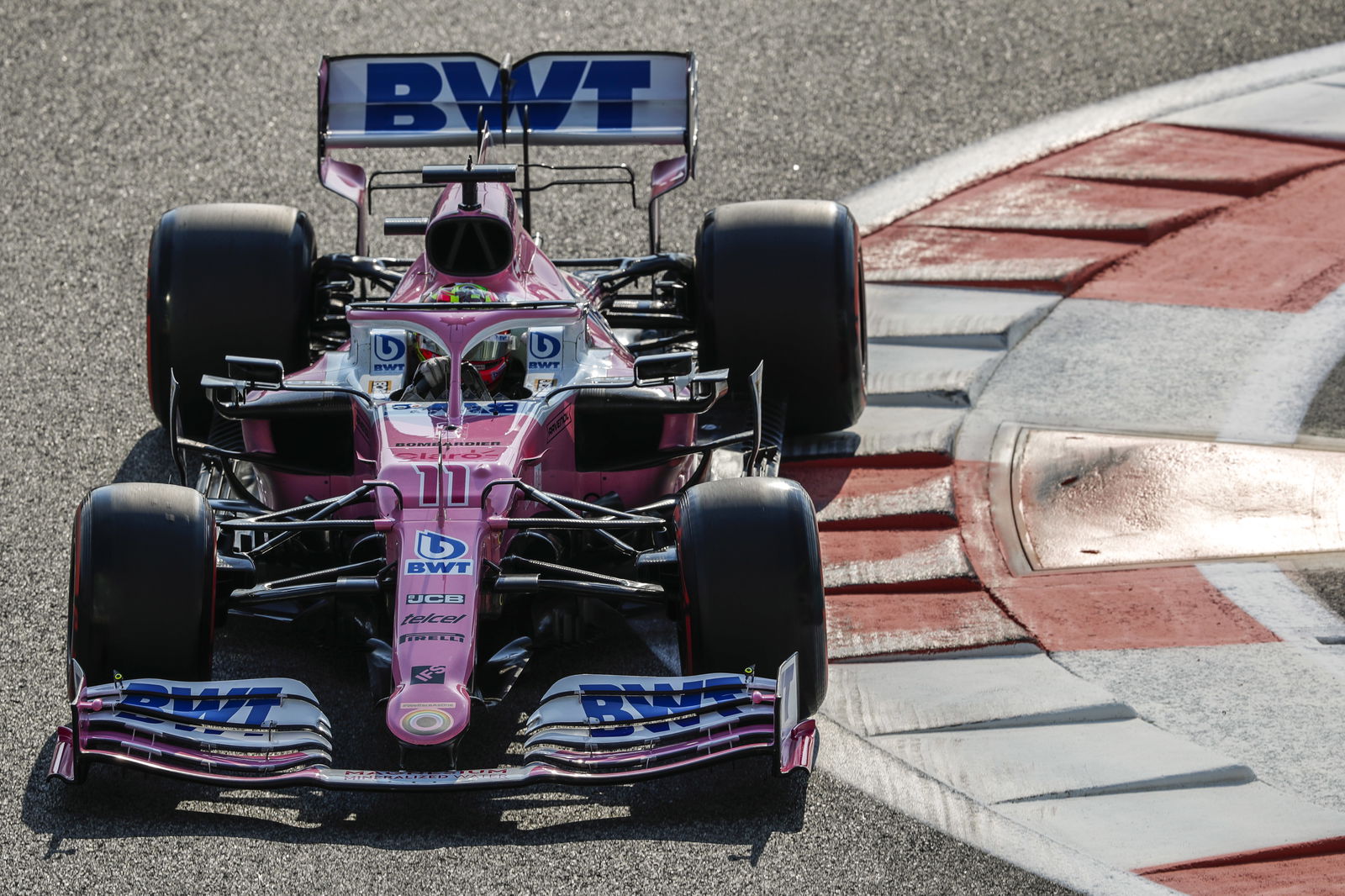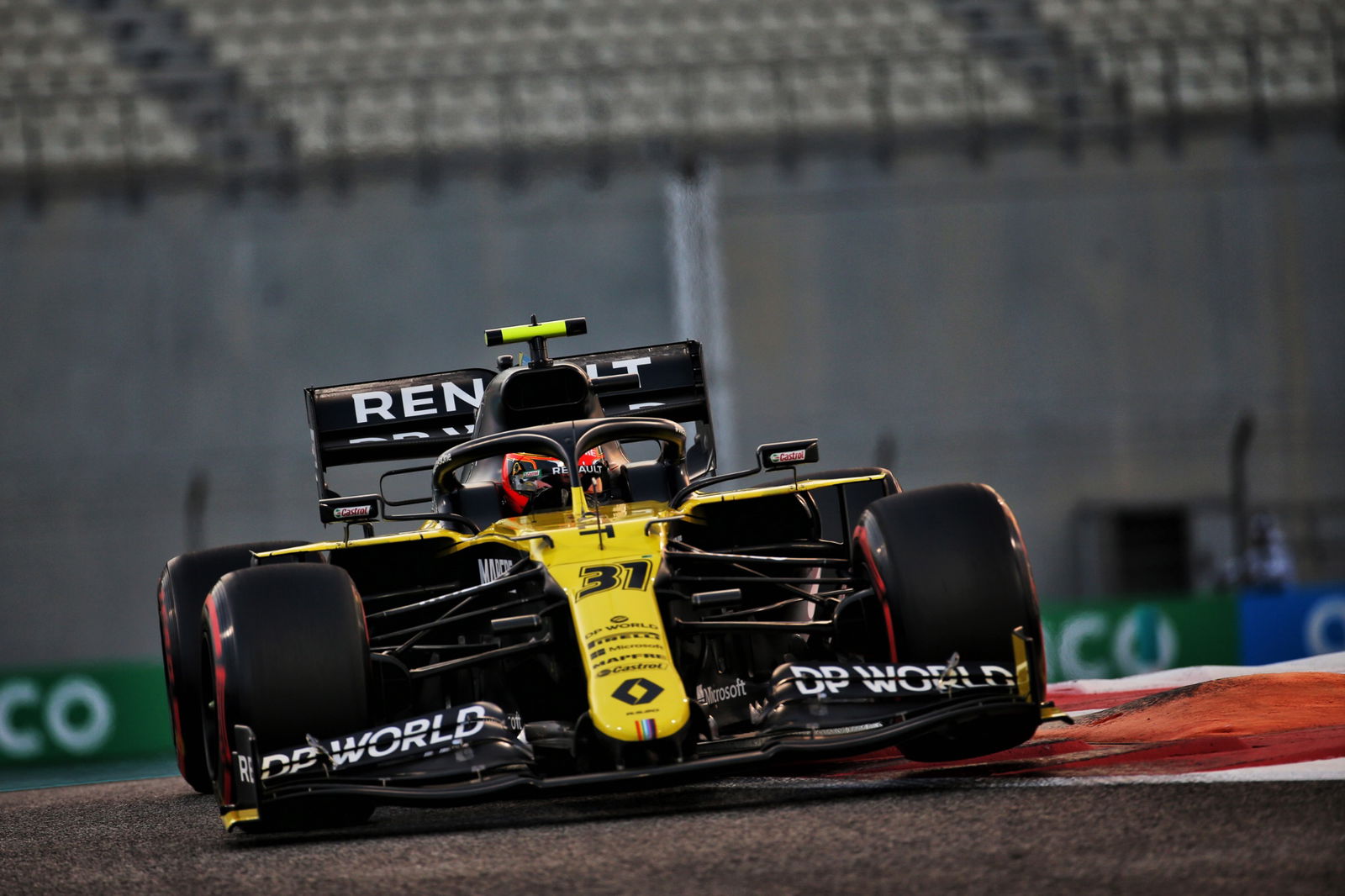‘Fragile’ McLaren can now “play to win” in F1 with new investment

McLaren believes that significant new investment into its racing team from a consortium of US-based investors will enable it to “play to win” in Formula 1.
On Sunday morning ahead of the season-ending Abu Dhabi Grand Prix, McLaren announced that MSP Sports Capital, whose partners have had extensive involvement in Major League Baseball, American basketball and European football, is heading a group that will inject £185million into the Woking-based outfit over the next two years.
There will be no change in the day-to-day running of the team, with CEO Zak Brown commiting his long-term future to McLaren and Paul Walsh retaining his position as chairman.
McLaren Group executive chairman Walsh insisted that the deal would have been struck even without the financial difficulties brought on by the COVID-19 pandemic, which he says exposed an “already fragile business model”.
“I think McLaren already had a fragile business model because fundamentally the cash flow for automotive was then deployed into racing, and equally the return objectives and success criteria are different,” Walsh explained speaking to media including Crash.net during a virtual press conference held in Abu Dhabi on Sunday.
“The automotive division requires cashflow, earning per share etc. A racing team is much more around the capital appreciation, and therefore you have two fundamentally different drivers.
“I think we would have done this in any event, but there is no question, like many other companies, the pandemic had taken any vulnerability and magnified it and therefore we had a high degree of urgency to get this done.”
Asked whether there was a possibility McLaren Racing would not exist in the short-term future without fresh investment, Walsh replied: “I think that’s quite hypothetical.
“If we look back to the impact of the pandemic, we stopped making cars because our factory was locked down. If you don’t make cars, you don’t sell them and if you don’t sell them you don’t get the cash flow in.
“Yet equally we have our racing team which was continuing to spend money, as they should. That tension made everyone acutely aware that the fundamental model needed adjustment.
“We could have just trimmed our sales, and we could have just dialled Zak back on the money that he could spend, but then we would also have had to be true to ourselves that we would have been dialling back on our ambitions,” he added.
“We didn’t like that, so basically what we’ve tried to put in place here, is how can we have a fiscally appropriate model for the group but also equip Zak and the team to go win. And that’s what I think we’ve accomplished.
“Now you can speculate that in four years time had we done this what would have happened? I don’t know. But here we have our cake and we can eat it and we can play to win.”

Brown, who has helped oversee year-on-year improvements since arriving at McLaren in 2018, described the investment as the start of a “new chapter” for the former world champion squad, adding he believes the deal "bolsters our plan to return McLaren to contention for race wins and championships in Formula 1 and IndyCar.”
He admitted continued progress would have been “extremely difficult” to achieve without MSP coming on board to provide McLaren with additional financial support.
“I think when Paul talks about urgency of timing, I think when you effectively hit the pause button, if you are not investing and moving forward in F1 you are effectively going backwards,” Brown explained.
“I think all the men and women at McLaren have done an outstanding job given the pandemic and what we’ve been through to be fighting for third in the world championship at the last race in Abu Dhabi.
“We need to continue to make investments and be as prepared as possible going into the cost cap, and now we are able to do that. Had we not been in a position to invest, I think we would have had to lower an ambition and it would have been difficult to move forward.”


